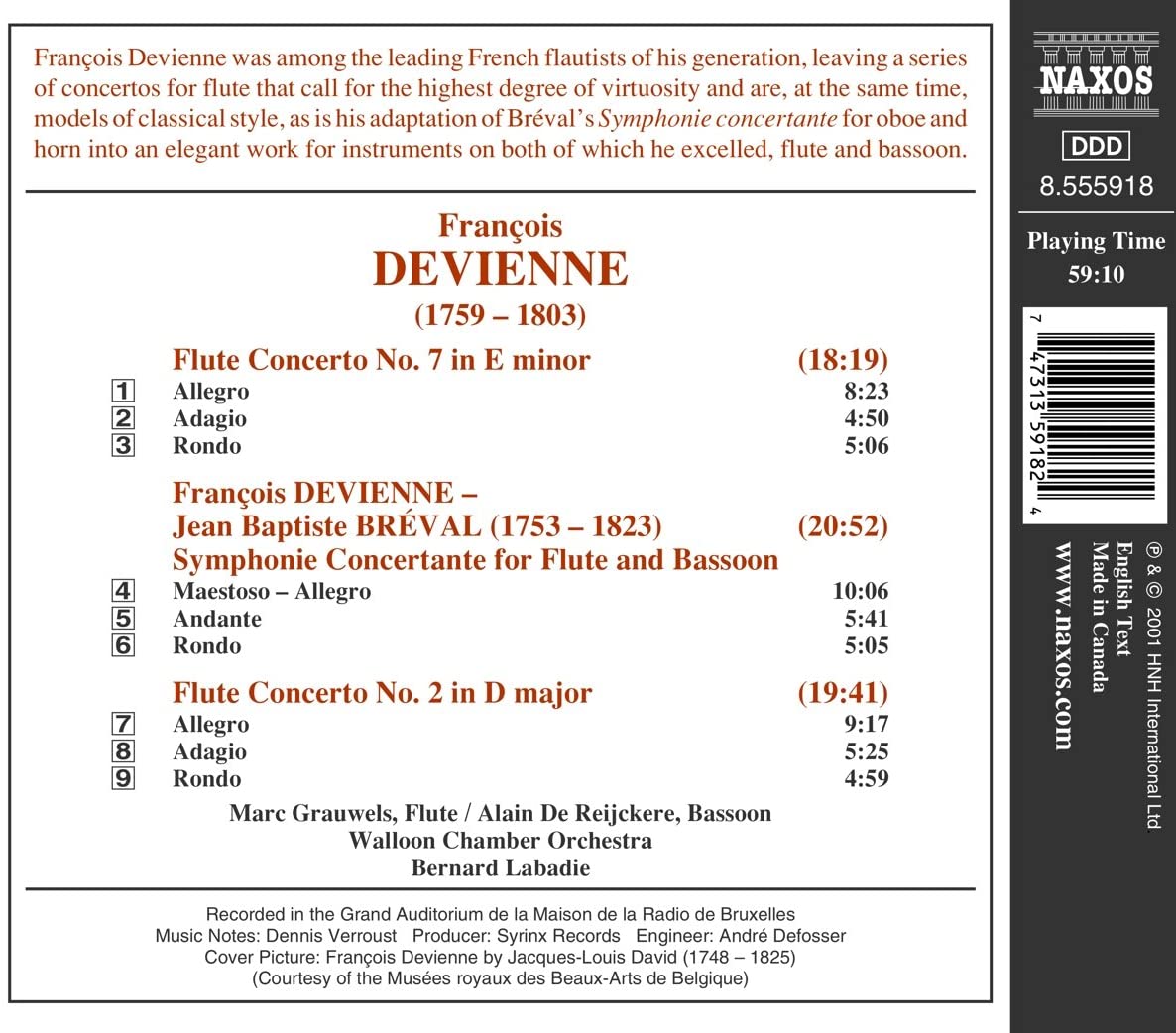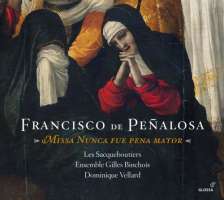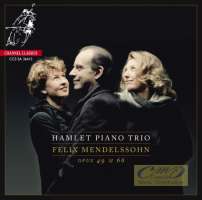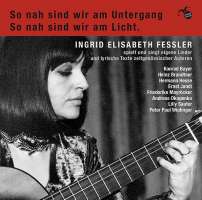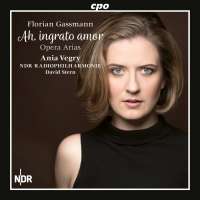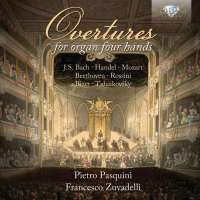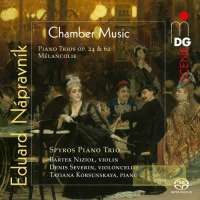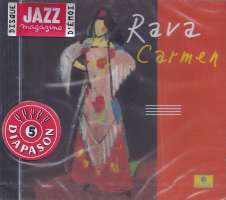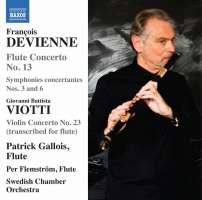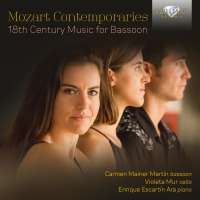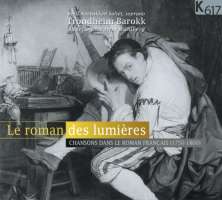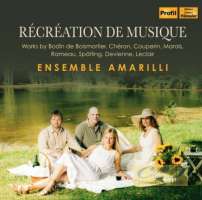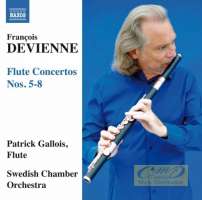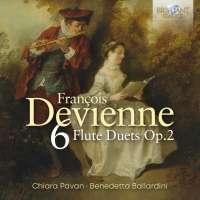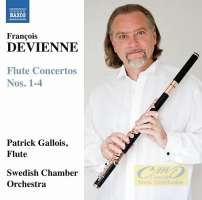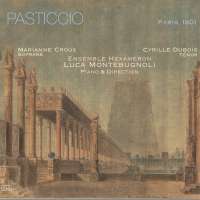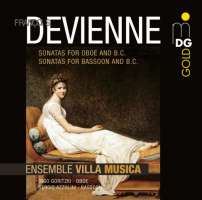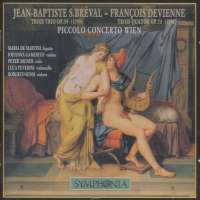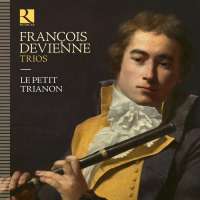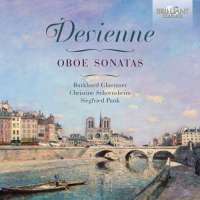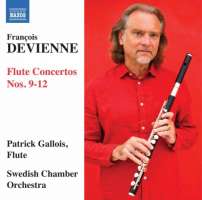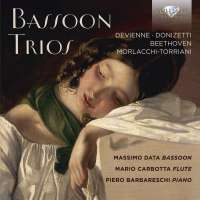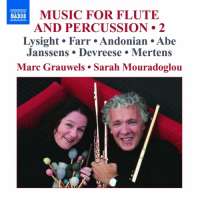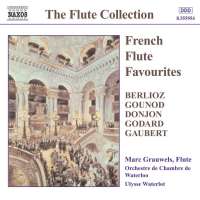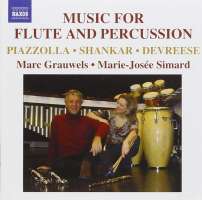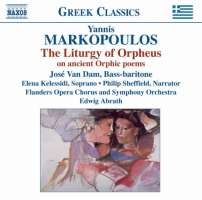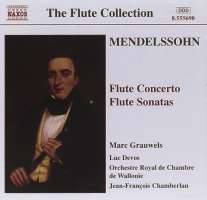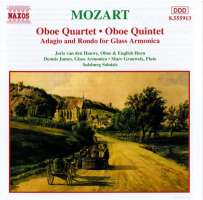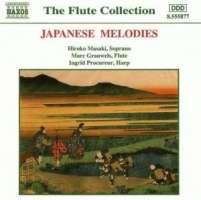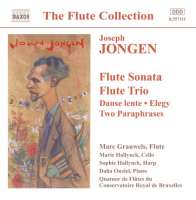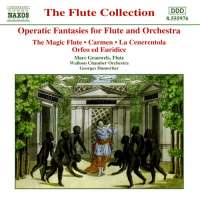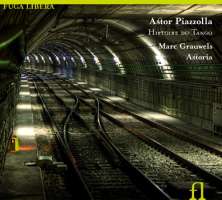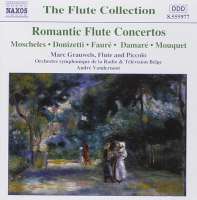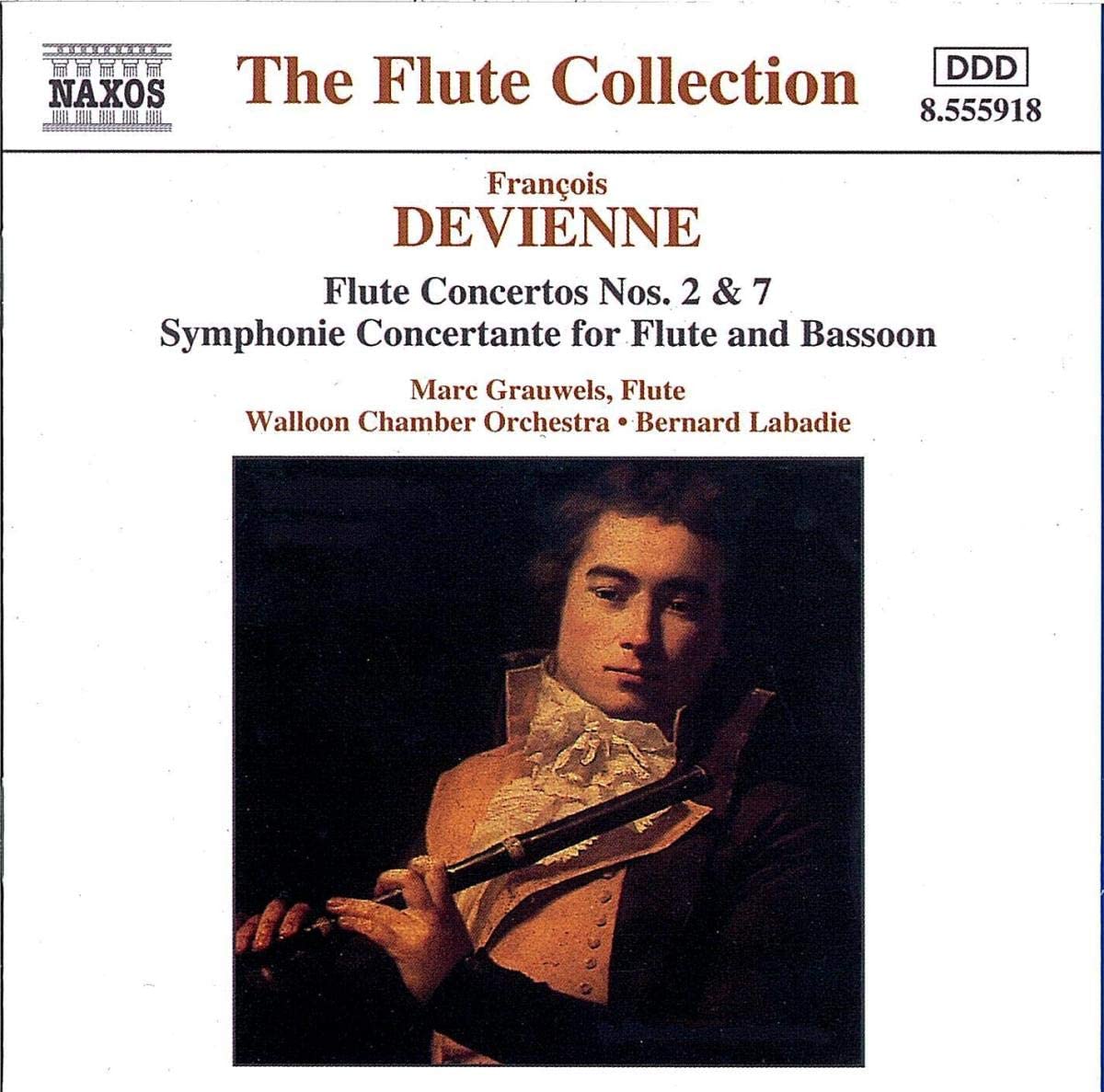
kompozytor
Devienne, François
tytuł
DEVIENNE: The Flute Collection
wykonawcy
Grauwels, Marc;
Labadie, Bernard;
Reijckere, Alain de;
Walloon Chamber Orchestra
Labadie, Bernard;
Reijckere, Alain de;
Walloon Chamber Orchestra
nr katalogowy
8.555918
opis
Devienne's concertos, are, remarkably enough, frequently closer to the spirit of Mozart, who while in Paris had attended the Concerts spirituels. It was there that Devienne frequently, and with great success, played his compositions, which were brilliant reflections of the elegant tone of Paris at the time. Concerto No. 2 in D major is an example of grace and balance, two characteristics to be found in the fine portrait of the composer by Jacques-Louis David, qualities which are associated with Mozart, explaining why Devienne was called the French Mozart. • orkiestro
Of the seventeen concertos, only three are written in a minor key, including the seventh (1787 / 88), in which for the first time a new, deeper and more passionate awareness can be felt. This is expressed in some of the dramatic effects, like the tutti that opens the first movement and the opening flute motif of the second solo A minor passage. The second theme is nostalgic and dreamy, contrasting sharply with the above passages and the more brilliant passages. The Adagio has a very varied rhythm and a moving melody, while requiring great qualities of suppleness and sound. The finale is comparable in quality with the earlier movements and is full of ingenuity: after an opening first virtuoso passage, a new idea is quite deliberately introduced that runs counter to the suppleness and dialogue of the first section. This theme, introduced first in C major and then taken up in C minor, leads into a range of modulations and a partial return to E minor. This takes place in a long passage in semiquaver triplets, staccato and with rapid appoggiaturas, which leads back to the original theme. A passage that calls for technical brilliance from the flautist provides a virtuoso conclusion to what is probably the best French flute concerto of the late eighteenth century.
nośnik
CD
gatunek
Muzyka klasyczna
producent
Naxos
data wydania
09-04-2007
EAN / kod kreskowy
747313591824

(Produkt nie został jeszcze oceniony)
cena 58,00 zł
lubProdukt dostępny.
Wysyłka w ciągu 3 dni roboczych
Darmowa wysyłka dla zamówień powyżej 300 zł!
Darmowy kurier dla zamówień powyżej 500 zł!
sprawdź koszty wysyłki